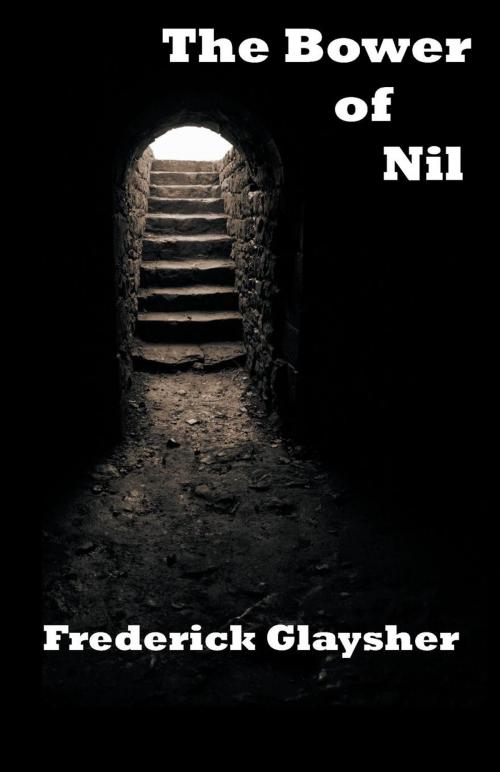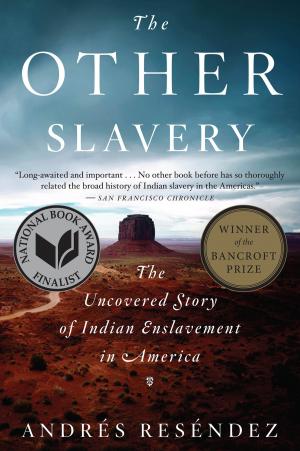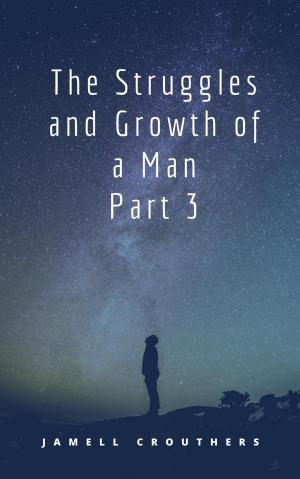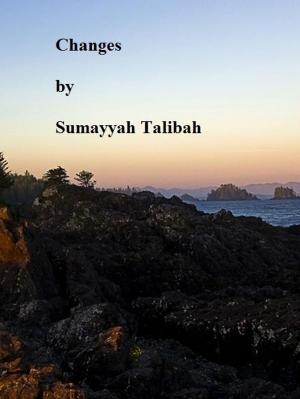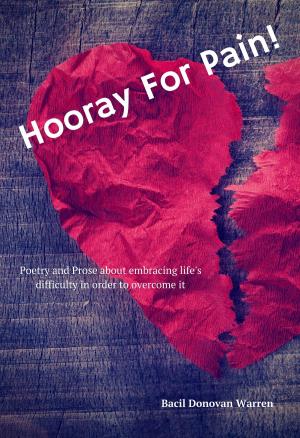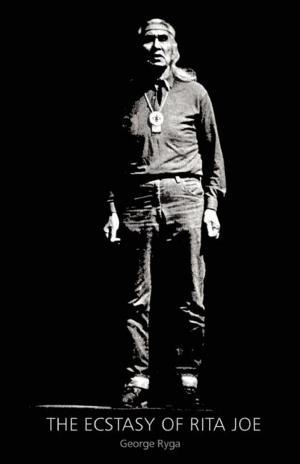The Bower Of Nil. A Narrative Poem.
Fiction & Literature, Poetry, Inspirational & Religious, American| Author: | Frederick Glaysher | ISBN: | 9780982677827 |
| Publisher: | Earthrise Press | Publication: | May 28, 2010 |
| Imprint: | Language: | English |
| Author: | Frederick Glaysher |
| ISBN: | 9780982677827 |
| Publisher: | Earthrise Press |
| Publication: | May 28, 2010 |
| Imprint: | |
| Language: | English |
Fifteen years in the making, overturning the nihilism of Nietzsche, moving beyond Postmodernism, Peter Marsh, an academic philosopher, weighs modern life in a conversation with his friend, David Emerson, a businessman. Brought together after long separation by the brutal murder of Mary, Peter's wife, a time of devastating loss and crisis, their friendship inspires a dark night of the soul, during which Peter's meditations range over several hundred years of philosophy, politics, religion, social change, the dilemmas of existence, evoking a vision of the complexities of the 21st Century, the United Nations, and global governance.
Structured around classical Greek choral movements, the first section engages with themes from Japanese Buddhism, while the second and third survey Western philosophy from Aristotle and Plato through Descartes, Pascal, Kierkegaard, Nietzsche, Wittgenstein, Heidegger, Derrida, and others, in a powerfully dramatic grappling with philosophy, East and West.
Reviews
"This is a doorway into the future...the subtleties and complexities of the aforementioned cultures inform his subject matter and his political interests circumscribe the work. The Bower of Nil is an Orwell meets Nietzsche meets C.S. Lewis mélange of despair, madness, and hope. Not lyrical, not tidy and not information-byte-sized, your fingers come away heavy with paint--rather than print—after reading this. Colored richly and satisfyingly with symbols that speak directly to the psyche—the way that artwork spoke to the illiterate in the Middle Ages..." —Poems Niederngasse
"Glaysher pays his readers the compliment of assuming that they will have at least a basic familiarity with the major world classics and philosophies of both East and West." —Manifold 44
Mr. Glaysher writes with a genuine passion, with an obvious thrill at the play of ideas, and with an often compelling sense of purpose. ...very worthwhile reading and the middle section is just outstanding." —Brothersjudd
"The Bower of Nil is where we all live... The narrator and academic, Peter, would appear to hate academics, but the 65 page poem is a masterfully executed academic exercise, using the history of western philosophical thought as a metaphorical tool. The invading enchantress—Peter's wife for 30 years—has been 'stripped of her shoes and socks, spine-sliced / at the back of her neck' and left 'on top of a garbage heap...' A thought provoking read for these times!" —Pulsar
"Glaysher explores the liberating potential of loss and acceptance as agents for empowerment." —The Carolina Quarterly
"A poetic reflection on postmodern life, with a particular focus on the limitations of both Eastern and Western thought. Collectively offers a higher path to universality for our future." —Edward Hamilton
About the Author
FREDERICK GLAYSHER is an epic poet, rhapsode, poet-critic, and the author or editor of ten books.
Glaysher studied writing under a private tutorial, at the University of Michigan, with the poet Robert Hayden and edited Hayden's prose and poetry. He holds two degrees from the University of Michigan, has lived in Japan and traveled widely in China, and was a Fulbright-Hays scholar to China and a National Endowment for the Humanities scholar on India.
Website: https://fglaysher.com
Facebook: facebook.com/fglaysher
Twitter: twitter.com/fglaysher
Fifteen years in the making, overturning the nihilism of Nietzsche, moving beyond Postmodernism, Peter Marsh, an academic philosopher, weighs modern life in a conversation with his friend, David Emerson, a businessman. Brought together after long separation by the brutal murder of Mary, Peter's wife, a time of devastating loss and crisis, their friendship inspires a dark night of the soul, during which Peter's meditations range over several hundred years of philosophy, politics, religion, social change, the dilemmas of existence, evoking a vision of the complexities of the 21st Century, the United Nations, and global governance.
Structured around classical Greek choral movements, the first section engages with themes from Japanese Buddhism, while the second and third survey Western philosophy from Aristotle and Plato through Descartes, Pascal, Kierkegaard, Nietzsche, Wittgenstein, Heidegger, Derrida, and others, in a powerfully dramatic grappling with philosophy, East and West.
Reviews
"This is a doorway into the future...the subtleties and complexities of the aforementioned cultures inform his subject matter and his political interests circumscribe the work. The Bower of Nil is an Orwell meets Nietzsche meets C.S. Lewis mélange of despair, madness, and hope. Not lyrical, not tidy and not information-byte-sized, your fingers come away heavy with paint--rather than print—after reading this. Colored richly and satisfyingly with symbols that speak directly to the psyche—the way that artwork spoke to the illiterate in the Middle Ages..." —Poems Niederngasse
"Glaysher pays his readers the compliment of assuming that they will have at least a basic familiarity with the major world classics and philosophies of both East and West." —Manifold 44
Mr. Glaysher writes with a genuine passion, with an obvious thrill at the play of ideas, and with an often compelling sense of purpose. ...very worthwhile reading and the middle section is just outstanding." —Brothersjudd
"The Bower of Nil is where we all live... The narrator and academic, Peter, would appear to hate academics, but the 65 page poem is a masterfully executed academic exercise, using the history of western philosophical thought as a metaphorical tool. The invading enchantress—Peter's wife for 30 years—has been 'stripped of her shoes and socks, spine-sliced / at the back of her neck' and left 'on top of a garbage heap...' A thought provoking read for these times!" —Pulsar
"Glaysher explores the liberating potential of loss and acceptance as agents for empowerment." —The Carolina Quarterly
"A poetic reflection on postmodern life, with a particular focus on the limitations of both Eastern and Western thought. Collectively offers a higher path to universality for our future." —Edward Hamilton
About the Author
FREDERICK GLAYSHER is an epic poet, rhapsode, poet-critic, and the author or editor of ten books.
Glaysher studied writing under a private tutorial, at the University of Michigan, with the poet Robert Hayden and edited Hayden's prose and poetry. He holds two degrees from the University of Michigan, has lived in Japan and traveled widely in China, and was a Fulbright-Hays scholar to China and a National Endowment for the Humanities scholar on India.
Website: https://fglaysher.com
Facebook: facebook.com/fglaysher
Twitter: twitter.com/fglaysher
